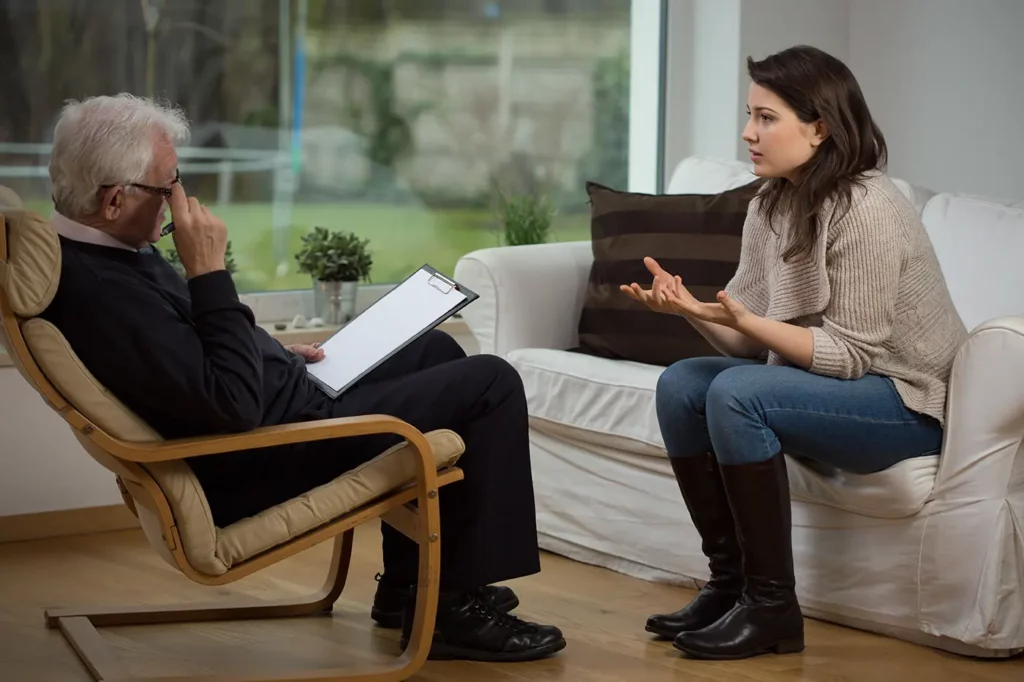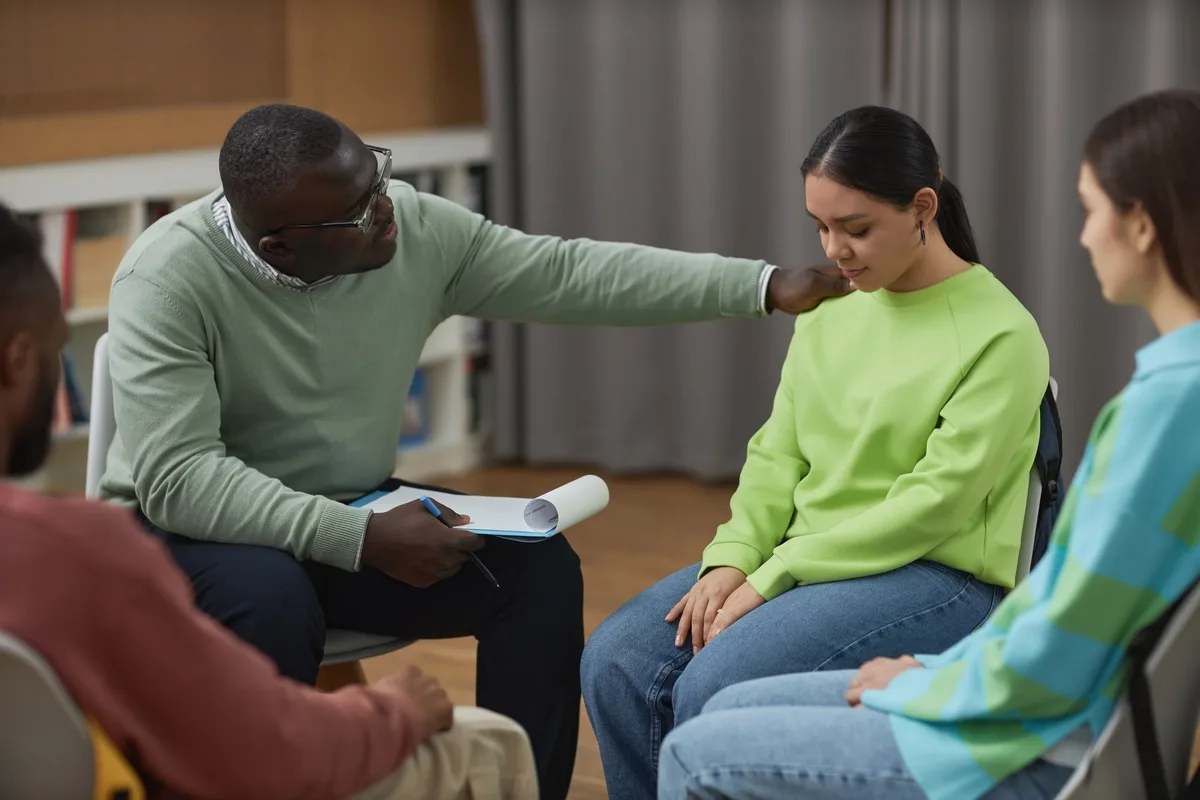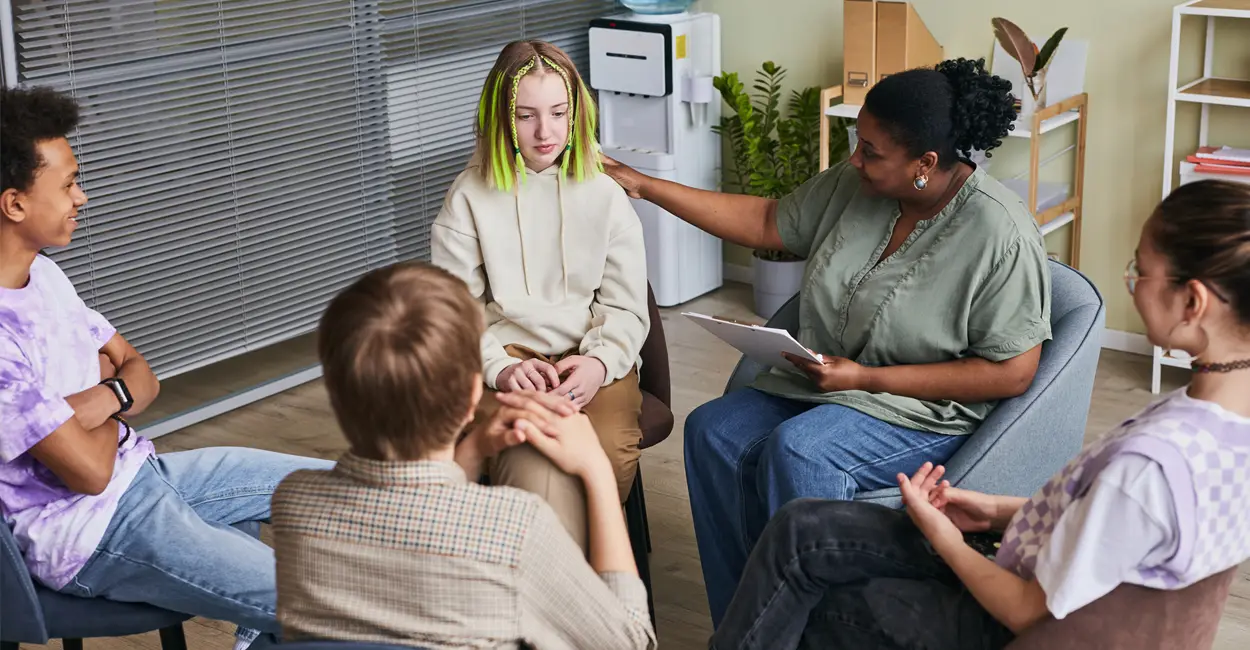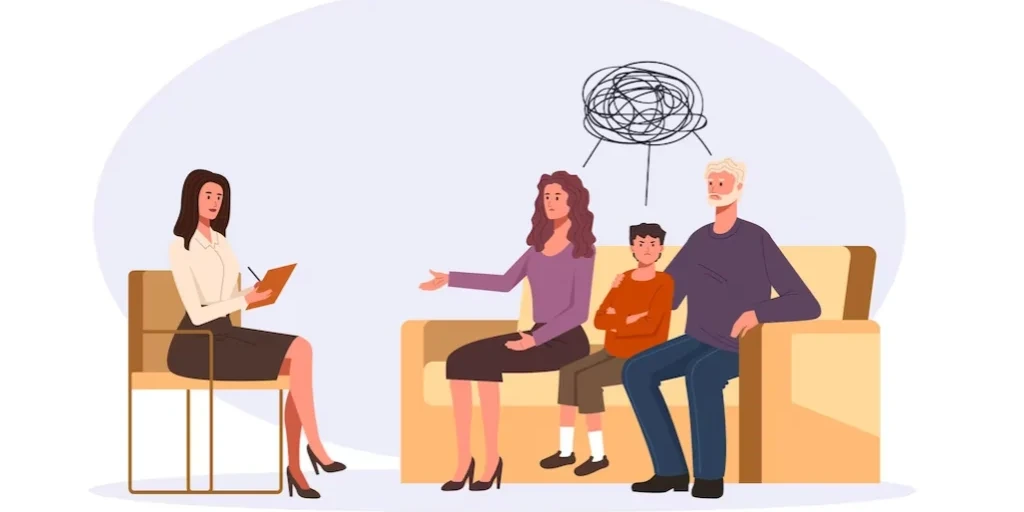24/7 Helpline:
(866) 899-111424/7 Helpline:
(866) 899-1114
Learn more about PTSD Treatment centers in Royse City
PTSD Treatment in Other Cities

Other Insurance Options

CareSource

Ceridian

Kaiser Permanente

UMR

Self-pay options

Private insurance

Group Health Incorporated

Regence

Choice Care Network

WellCare Health Plans

BlueShield

Sliding scale payment assistance

Molina Healthcare

United Health Care

Optima

Multiplan

State Farm
Beacon

Access to Recovery (ATR) Voucher

BlueCross





















Lakes Regional Mental Health
Lakes Regional Mental Health - Ridge Road offers outpatient and intensive outpatient treatment for i...

AA – Alcoholics Anonymous – Big Book Group
AA – Alcoholics Anonymous – Big Book Group is a non-profit rehab located in Rockwall, Texas. AA – Al...




